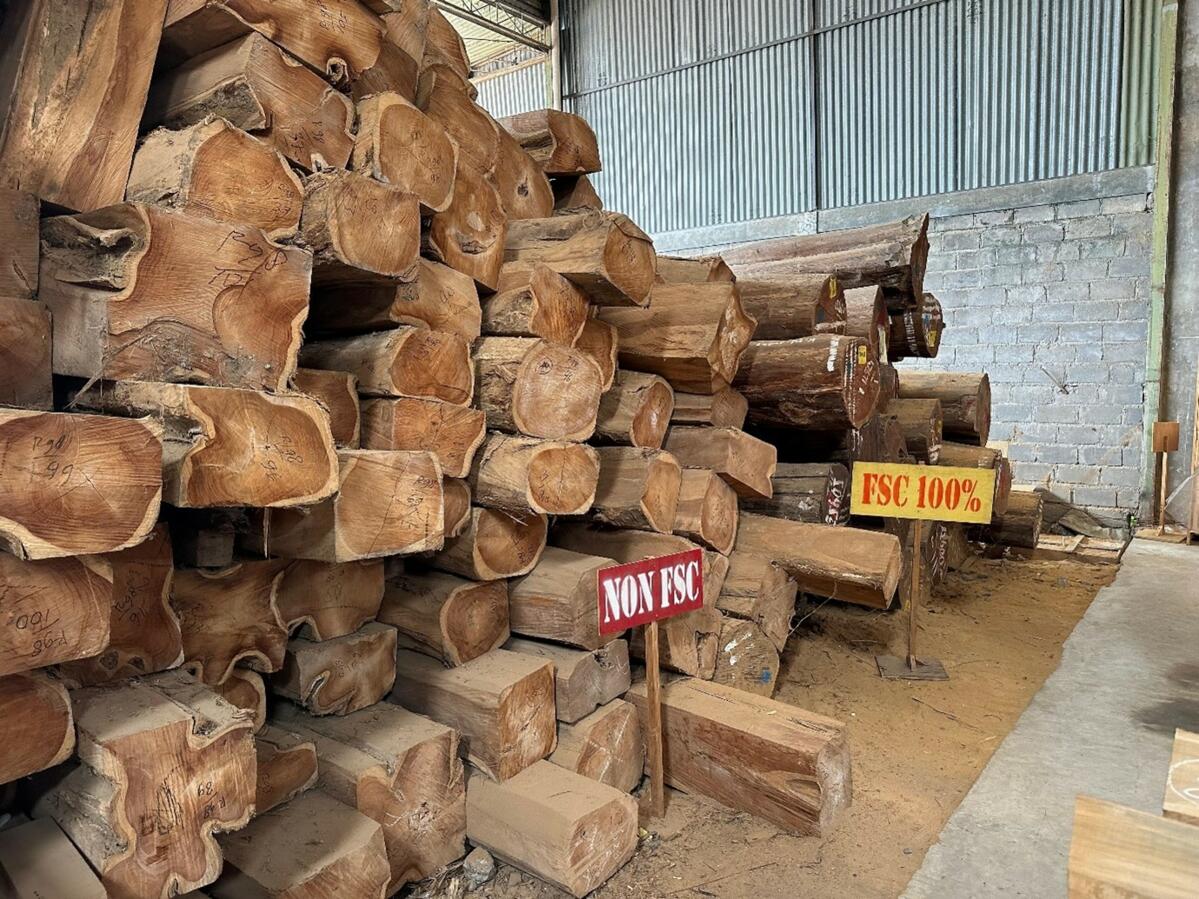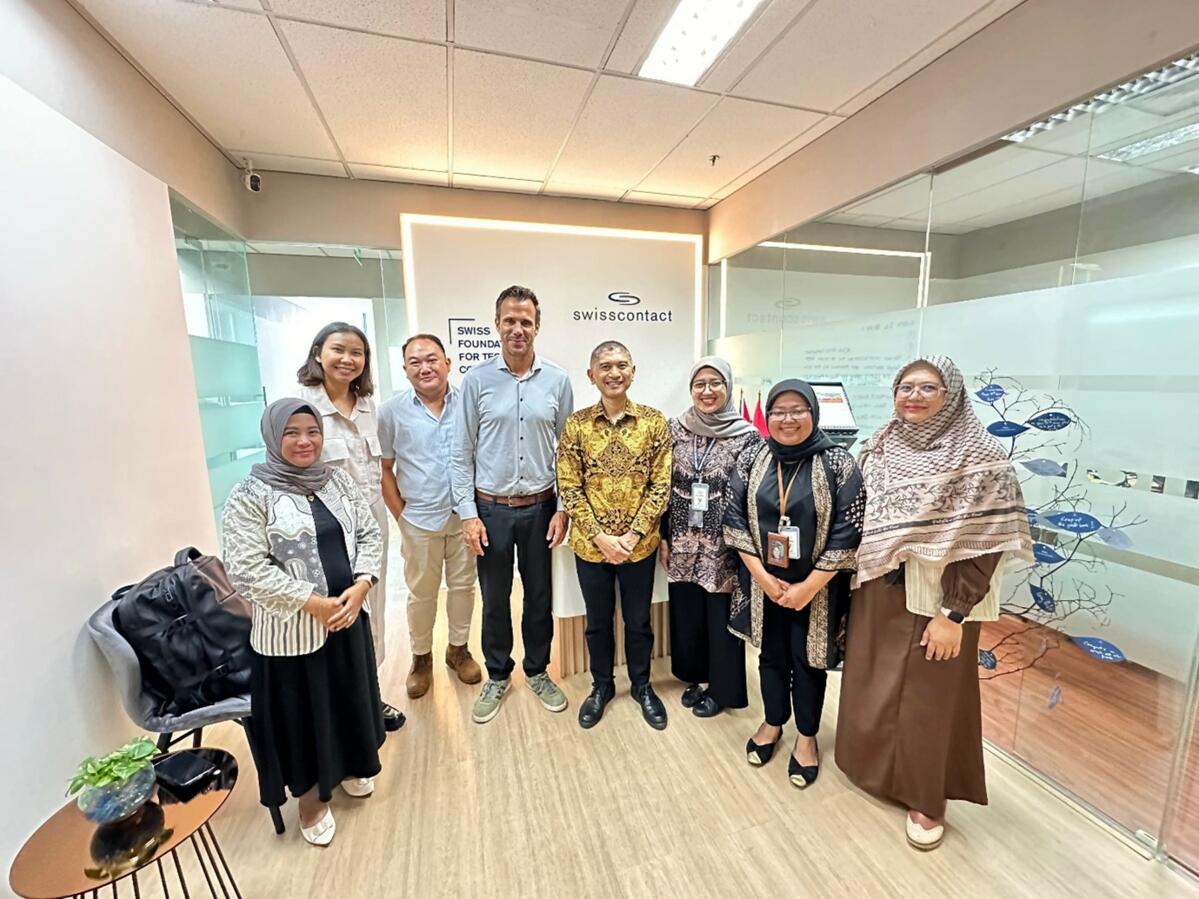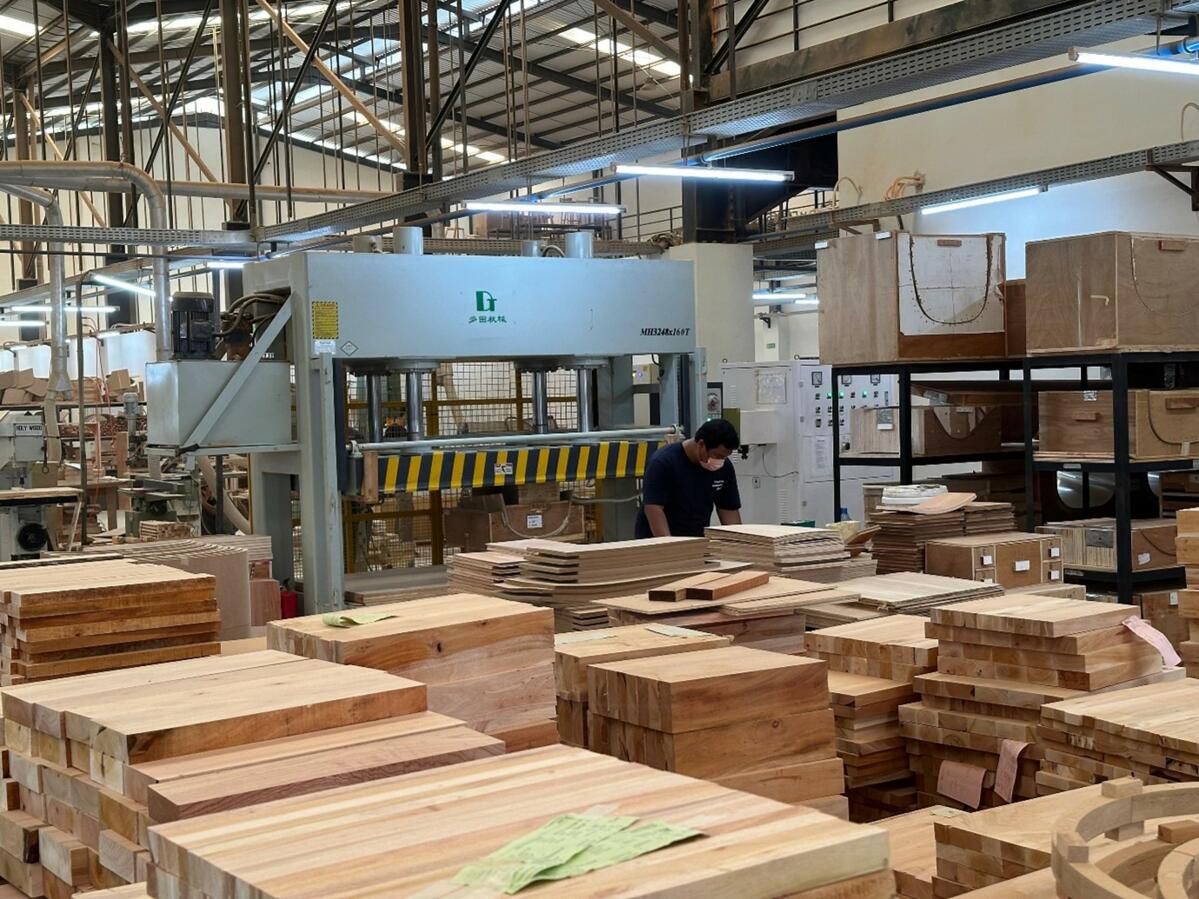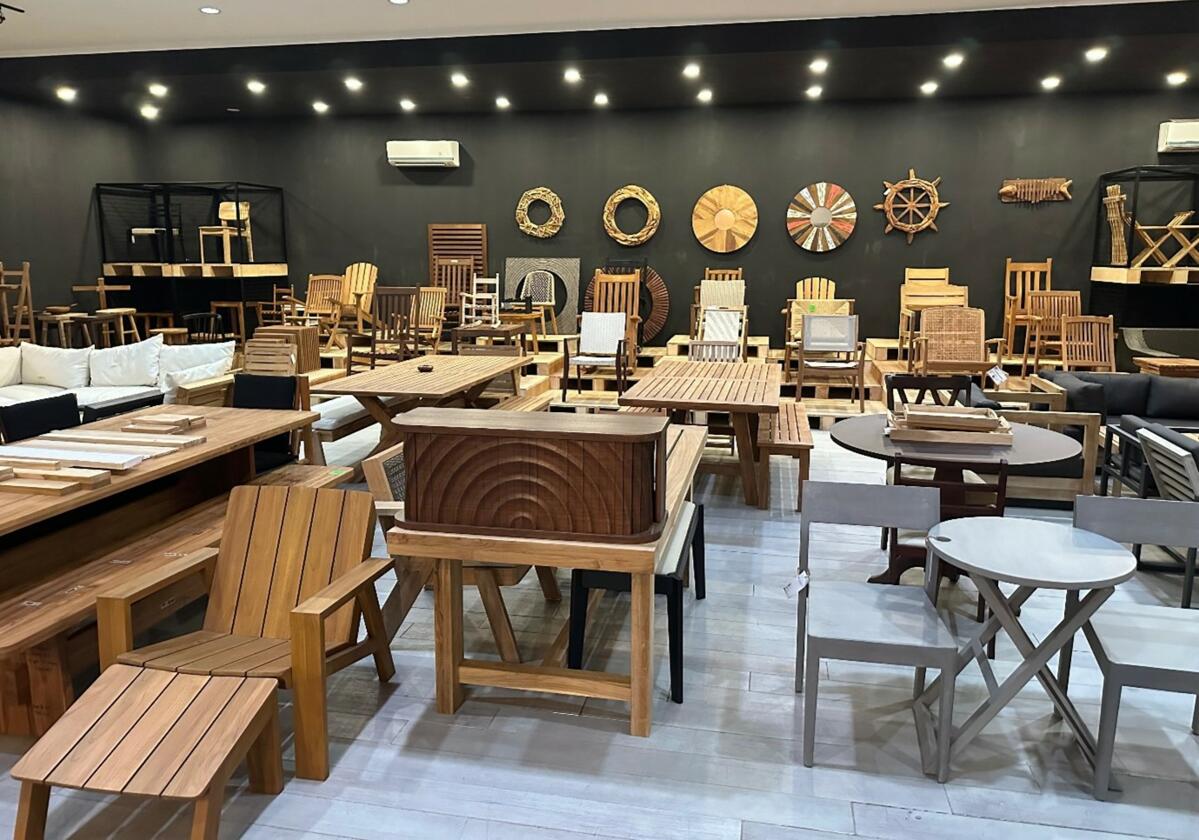Assessing the Export-ready Outdoor Furniture Companies in the Java Landscape
Indonesia is known as one of the world's largest furniture industries. Furniture from Indonesia is known for high quality craftmanship, variety of raw materials and designs, and robust certification system. One of the fastest growing furniture industries in Indonesia is the outdoor furniture industry, specifically in Java Island, ready to export to the global market, including to European Union and Switzerland. Therefore SIPPO took the opportunity to support the Ministry of Trade develop a Sector Export Promotion Strategy (SEPS) for Outdoor Furniture sector.

Whilst outdoor furniture is one of the strengths and uniqueness of Indonesia’s furniture industry, the promotion of outdoor furniture exports faced a challenge during the post-COVID pandemic in 2022-2023, compared to the COVID era in 2020-2021 where a large number of people stayed at home. The potential that exists therefore has not been fully utilized. In light of this situation, SIPPO supports the Ministry of Trade (MoT) in Indonesia to enhance their Sector Export Promotion Strategy (SEPS) for outdoor furniture progressively.
The process to support the outdoor furniture export promotion is divided into four phases: 1) development of objective and tools, 2) company interviews and visits, 3) training and individual coaching for selected companies, and 4) B2B matchmaking with potential buyers from EU countries and Switzerland. These processes were kicked-off by two training sessions, first training on SEPS by Andrew Jones on 30 September 2024, and second training on Outdoor Furniture Landscape in Indonesia by Tophan Anggoro Putro on 29 October 2024.
Moving ahead, from almost 90 companies applied for this program, as many as 12 companies were shortlisted for company visit assessment. The selection was based on several criteria, among others focusing on medium to big scale company, in-house production, and a long-standing company (with minimum five years of experience).
The visit was organized by MoT from 10-16 November 2024 to six cities in West Java and Central Java including Cirebon, Semarang, Jepara, Kudus, Solo and Klaten. The visit was conducted to assess the capabilities of Indonesian furniture companies to produce high-quality outdoor furniture for the international market especially EU countries and Switzerland. The focused was to evaluate the production capacity, quality standards, market readiness, and other key factors that contribute to successful exporting including sustainability.
In overall, each companies visited have their own strength and weaknesses. On the material specialty, some of them are using teak wood, rattan and synthetic rattan, reclaimed teak wood, and some others are using mixed materials such as stones, aluminium, and metal. The quality of the products across the factories are also varied. Some factories are equipped with modern machinery and have the capacity to handle large order, while few others still rely on manual processes or handcrafted and have limited production capacity.
Most of the factories primarily serve to the US market and still have limited experience to serve the EU and Switzerland market. In consequences, they have challenges in conducting market intelligence to specify their products and designs according to the market in each EU countries, as well as in pricing the products competitively. This is because most of US buyers can provide higher or better price than the EU market, and the US customers can accept various styles of furniture that suitable for Indonesia’s manufacturer compared to EU customers. In response to this, it is necessary for the companies to analyse the production processes to identify areas for cost reduction without compromising quality, clearly define the value proposition of their products to justify the pricing, and to explore different market segments within the EU because the price sensitivity is varied across EU countries.
Another interesting finding is on the issue of sustainability. EU is well known with their high standard on quality and sustainability. Meanwhile, Indonesia is known for its robust wood certification system namely the SVLK or Timber Legality Verification System which equals with EU FLEGT or Forest Law Enforcement, Governance and Trade. Moreover, the majority of timber resources in Indonesia is sourced from Perhutani – a state-owned enterprise that manage timbers in Java and Madura Islands by applying sustainability principles and good corporate governance. Therefore, company’s awareness on this matter, as well as their readiness for the upcoming EUDR, are among key aspects assessed during the visit.
During the assessment, we found that while some factories have adopted sustainable practices, such as SVLK, FSC-certified wood, social compliance from BSCI, SMETA, or ICS, there are still some room for improvement to be explored by the companies. It is mainly related to the upcoming EUDR which will be mandatory by the end of 2025, as it will provide stricter regulations about social compliance and traceability. It demands the companies to prepare themselves, because it will be a mandatory requirement instead of voluntary requirements. However, in returns, it will guarantee a more consistent order from the buyers if the companies could fulfil the requirements.
Built upon the overall observations, MoT and SIPPO identified three crucial things to be improved by the companies to ensure that they are ready to export and to meet the requirement from the EU and Switzerland market. First, market intelligence by focusing on the tools and how to conduct a well-targeted market intelligence, especially knowing there are 27 countries under the European Union with specific demand and requirements. Second, pricing guideline to support their market positioning, including a guideline to conduct company’s self-assessment. Third, design guideline to support their product innovation and furthermore to increase their market competitiveness. Additionally, while it is necessary to encourage the companies to adopt sustainability practices and compliance, it is also equally important to start identifying buyers whose attention is in ethical sourcing. By improving these three aspects, the selected companies are expected to be ready to penetrate the EU countries and Switzerland market as it has a positive outlook in the future.



 Indonesia
Indonesia














